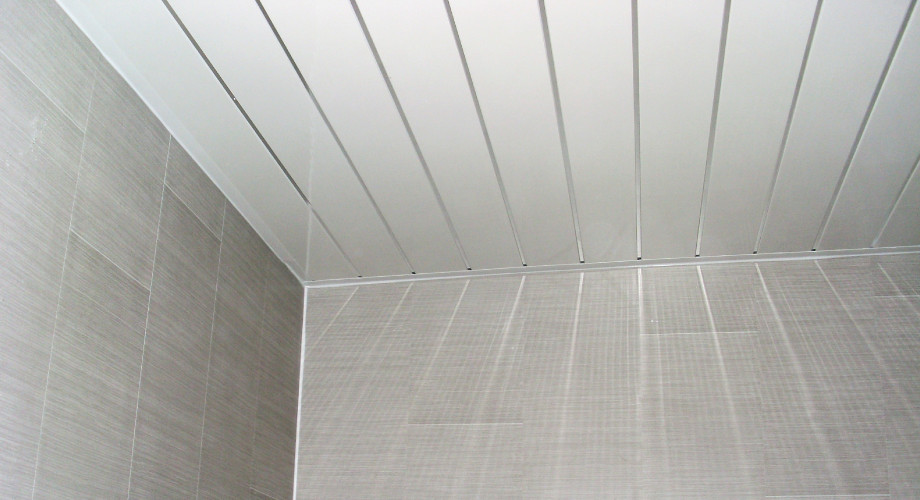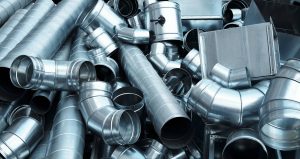In the realm of construction and building materials, the quest for durability and water resistance is paramount. One material that has gained significant attention in recent years is uPVC, short for unplasticized polyvinyl chloride. In this blog post, we will delve into the fascinating world of uPVC and explore its remarkable waterproof properties. From its composition to its applications, we will uncover why uPVC has become a go-to choice for water-resistant solutions in various industries.
- Understanding uPVC:
uPVC is a type of PVC that undergoes a unique manufacturing process, resulting in a rigid and robust material. Unlike traditional PVC, uPVC is not softened by plasticizers, making it more durable and resistant to environmental factors. This inherent strength and stability make uPVC an ideal candidate for water-resistant applications. - The Science Behind uPVC's Waterproof Nature:
The key to uPVC's waterproof nature lies in its molecular structure. The absence of plasticizers prevents water molecules from permeating the material, effectively creating a barrier against moisture. Additionally, uPVC's high density and low porosity further enhance its water resistance, making it impervious to leaks, rot, and decay. - Applications of uPVC in Water-Prone Environments:
3.1. uPVC in Plumbing Systems:
One of the most common uses of uPVC is in plumbing systems. Its exceptional water resistance ensures leak-free connections, preventing water damage and maintaining the integrity of the system. From pipes and fittings to valves and connectors, uPVC components play a crucial role in ensuring reliable water supply and drainage.
3.2. uPVC in Window and Door Frames:
Another prominent application of uPVC is in window and door frames. The waterproof nature of uPVC makes it an excellent choice for areas exposed to rain, humidity, and condensation. uPVC frames not only provide superior insulation but also resist warping, swelling, and corrosion, ensuring long-lasting performance and aesthetics.
3.3. uPVC in Construction and Roofing:
In the construction industry, uPVC finds extensive use in roofing materials. Its ability to withstand extreme weather conditions, including heavy rain and UV radiation, makes it an ideal choice for waterproof roofing solutions. uPVC roof tiles and sheets offer excellent durability, insulation, and resistance to water penetration, ensuring a dry and comfortable living or working environment.
- Advantages of uPVC over Other Materials:
4.1. Durability and Longevity:
uPVC's inherent resistance to water damage, rot, and decay gives it a significant advantage over other materials. It can withstand harsh environmental conditions, making it a cost-effective choice in the long run.
4.2. Low Maintenance:
Due to its waterproof nature, uPVC requires minimal maintenance. Unlike wood or metal, uPVC does not require regular painting, sealing, or polishing. Simple cleaning routines are sufficient to keep uPVC products in pristine condition.
4.3. Energy Efficiency:
uPVC's excellent insulation properties contribute to energy efficiency in buildings. Its low thermal conductivity helps maintain stable indoor temperatures, reducing the need for excessive heating or cooling and resulting in energy savings.
Conclusion:
In conclusion, uPVC's waterproof nature and exceptional properties make it a versatile and reliable material in various industries. From plumbing systems to window frames and roofing solutions, uPVC's durability, low maintenance, and energy efficiency make it a preferred choice for water-resistant applications. Embracing the wonders of uPVC can lead to long-lasting, sustainable, and watertight solutions in construction and beyond.




+ There are no comments
Add yours